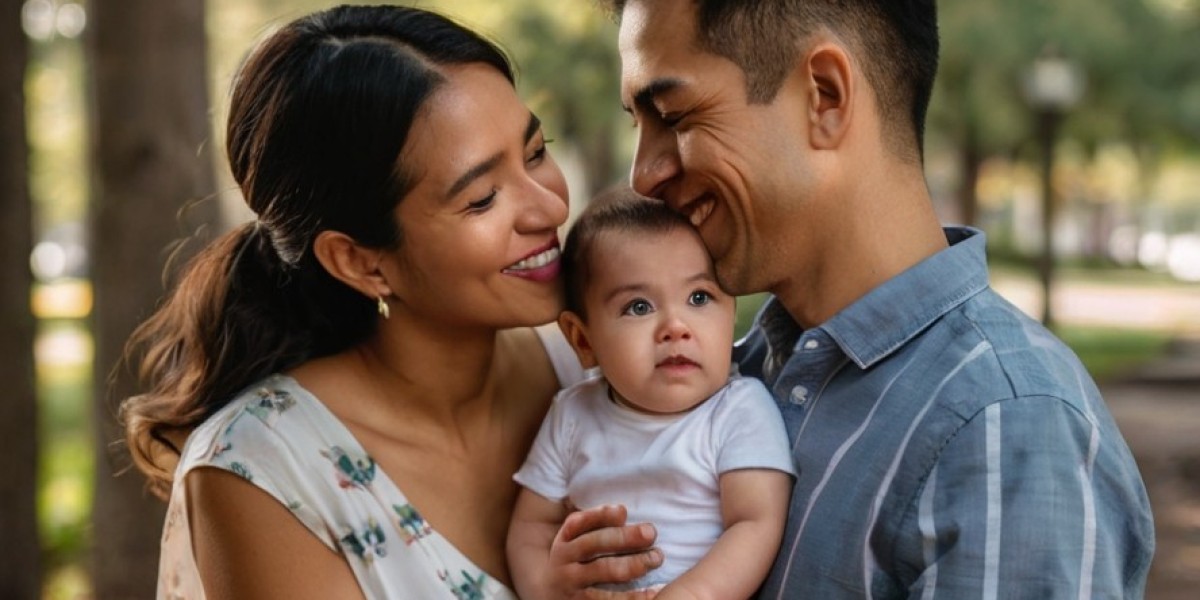The early years of a baby's life are filled with incredible transformations and milestones that mark their growth and development. Understanding these milestones is important for parents and caregivers, as they provide insight into a child's physical, cognitive, emotional, and social development. This report details the key baby development milestones, organized by age group, highlighting physical growth, motor skills, language development, and socialization from birth to two years of age.
 Birth to 3 Months
Birth to 3 MonthsDuring the first three months, babies are primarily focused on adapting to their new environment outside the womb.
- Physical Growth: In the first few weeks, babies typically lose a small percentage of their birth weight but regain it by two weeks. By three months, they usually gain about 1.5 to 2 pounds per month.
- Motor Skills: Infants have limited control over their bodies. However, they exhibit reflexive movements, such as sucking and grasping. By three months, they begin to push down on their legs when their feet are on a hard surface and can hold their head up to a 45-degree angle during tummy time.
- Language Development: Initially, babies communicate through cries, but by the end of three months, they start cooing and making gurgling sounds, showing early signs of vocalization.
- Socialization: Babies begin to exhibit social behavior by smiling in response to others and establishing eye contact. This early social interaction lays the groundwork for forming emotional connections.
4 to 6 Months
As babies approach six months, they become more interactive and engaged with their environment.
- Physical Growth: Babies typically double their birth weight by five months and continue to gain weight steadily.
- Motor Skills: By four to six months, babies develop better head and neck control, can roll over in both directions, and may begin to sit up without assistance. They also start to reach for and grasp objects, enhancing their hand-eye coordination.
- Language Development: The babbling stage begins, where infants produce repetitive consonant-vowel combinations like "ba-ba" and "da-da." This is an important precursor to language acquisition.
- Socialization: Babies show more interest in their surroundings, responding to familiar faces and showing excitement. They also start to exhibit social referencing, looking to caregivers for cues on how to respond to new situations.
7 to 12 Months
As babies enter the second half of their first year, significant developmental strides are made.
- Physical Growth: Weight gain slows down a little, but height growth continues. Most babies can support their weight on their legs by around nine months.
- Motor Skills: Locomotion becomes prominent as many babies begin crawling, and some may even start cruising along furniture. By twelve months, most babies can pull themselves up to stand and may take their first steps.
- Language Development: By the end of this stage, babies typically say their first recognizable words like "mama" and "dada." They also understand simple commands such as "no" or "come here."
- Socialization: Babies demonstrate attachment to their caregivers, displaying separation anxiety when they are apart. They also engage in games like peek-a-boo and start to show preferences for certain toys or activities.
13 to 18 Months
During this transition period into toddlerhood, babies develop a stronger sense of independence.
- Physical Growth: At this stage, children ideally gain about 1 pound per month and continue to grow in height.
- Motor Skills: Walking becomes a primary mode of locomotion, and by eighteen months, many toddlers can walk unaided. They also begin to experiment with climbing and may start to run, dance, and kick balls.
- Language Development: Vocabulary expands significantly. By 18 months, a child may have about 10-25 words in their repertoire and can imitate simple words and sounds. They recognize and respond to their name and common words.
- Socialization: Toddlers start to engage in parallel play (playing alongside other children without direct interaction) and may show interest in joining in. They imitate adults and older children, using social cues in play.
19 to 24 Months
In the final months before reaching two years, children exhibit further advancements in skills and understanding.
- Physical Growth: Growth continues at a steady pace, and toddlers begin to develop more control over their movements.
- Motor Skills: By age two, children can typically run, climb, and start to walk backward. Fine motor skills improve as they can use utensils and build towers with blocks.
- Language Development: Vocabulary expands rapidly; children may know around 200 words by the age of two and often use two-word phrases. They begin to understand basic grammar principles and can follow simple two-step directions.
- Socialization: The child begins to display a growing understanding of social norms and expectations. They may show preferences for particular peers and engage in more cooperative play, sharing and taking turns, although they still need guidance.
Conclusion
Understanding baby development milestones is crucial for parents, caregivers, and educators to support children appropriately as they grow. Each child develops at their own pace, and while the milestones outlined provide a general guideline, variations are normal. Early identification of developmental delays or concerns allows for timely interventions, fostering healthier outcomes for children. Encouraging a nurturing environment filled with opportunities for exploration, interaction, and communication can facilitate the achievement of these important developmental milestones. Embracing each stage of growth can lead to a deeper understanding of the unique journey each child undergoes as they transition from infancy into toddlerhood and beyond.








